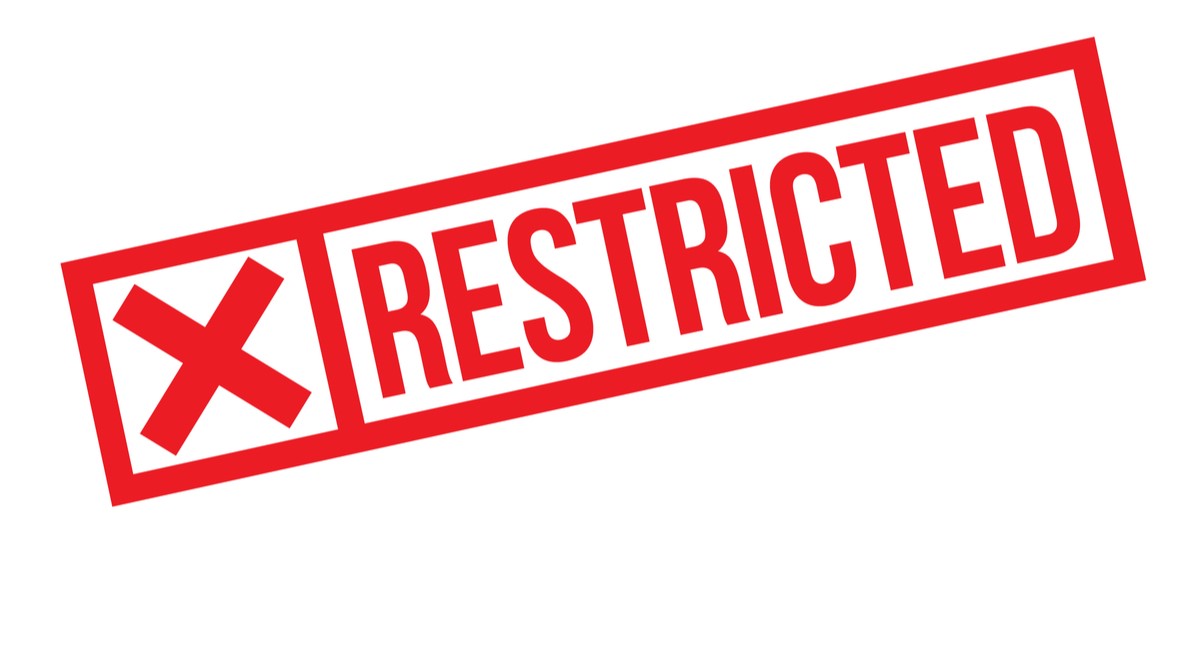There are pros and cons of having non-residents on your HOA board, but several situations may make it necessary
An HOA Board is responsible for overseeing operations of the association, hiring vendors to provide services, ensuring compliance with all state regulations, and making sure that all governing documents are enforced. In general, boards are comprised of full-time residents in the community or condominium. However, is there a rule, which states that board members must be in residence? What does the law say and when might it be acceptable?
Why have non-residents on the board?
The most obvious reason comes down to need. There is always a struggle to find people who are willing to serve. Members of an association board are all volunteers, so anyone who’s ever been involved with non-profit organizations knows that finding people willing to volunteer for anything can be a challenge.
Everyone is busy trying to juggle careers and family obligations. Serving on the HOA board is time-consuming, and it does require some degree of knowledge or expertise. Many homeowners will never step up to the plate. If it comes down to being able to fill a vacant seat or not, allowing a non-resident to serve might be the best option.
Here’s another thing to consider: Many communities include seasonal residents. Places like Florida and other southern or southwestern states tend to have a lot of “snowbirds.” These owners live in the northeast or Midwest for part of the year and then escape to warmer states for the winter.
Another reason this may come up is that some associations allow homes to be used as rental properties. In these cases, the owner of the building or buildings may not be a resident, but still has a vested interested in how the community is run.
Living somewhere else for all or part of the year does not necessarily mean the person doesn’t understand the needs and requirements of your community. But the interests of these seasonal residents can come into conflict with the interests of full-time residents.
Modern technology makes also enables such remote board members to participate more fully than they could have in the past. Any documents that need to be reviewed can be emailed to all concerned. Even board meetings can be conducted using online channels.
Can associations place restrictions on eligibility?
From a legal standpoint, it depends.
Every community is different, so you will have to check your bylaws. It would also be a good idea to look at government regulations to make sure you are following the law in your state.
For example, Florida does not have a definitive law about residency being a requirement to serve on an HOA board. Neither does California. However, in Minnesota, the law states that board members don’t even have to be members of the association.
On the other hand, there may not be a law that says your community cannot have eligibility restrictions. Some communities may feel like full-time residents are better suited to serve the needs of the members.
If such restrictions are included in the bylaws, then they must follow the association’s governing documents. You may also add restrictions or requirements regarding who can serve, so long as you follow the proper procedures to change the bylaws.
If in doubt, consult with a local attorney who specializes in community association law. He or she will be able to guide you regarding state regulations, eligibility requirements, and how to implement restrictions.
Non-resident board members may not see things the same way as full-time residents. But a willing pair of hands, especially if they come with legal knowledge or other high-value skills, can worth the risk. Think hard about who should be on the board and what they bring to the table before making any permanent changes. Whatever the makeup of your HOA board, you will need help managing everything. Hiring the right vendors to provide services for your community is one of your most important tasks. If you need help vetting and hiring vendors for your HOA, VendorSmart is here. We also offer risk management and compliance management services. Contact us to get started
